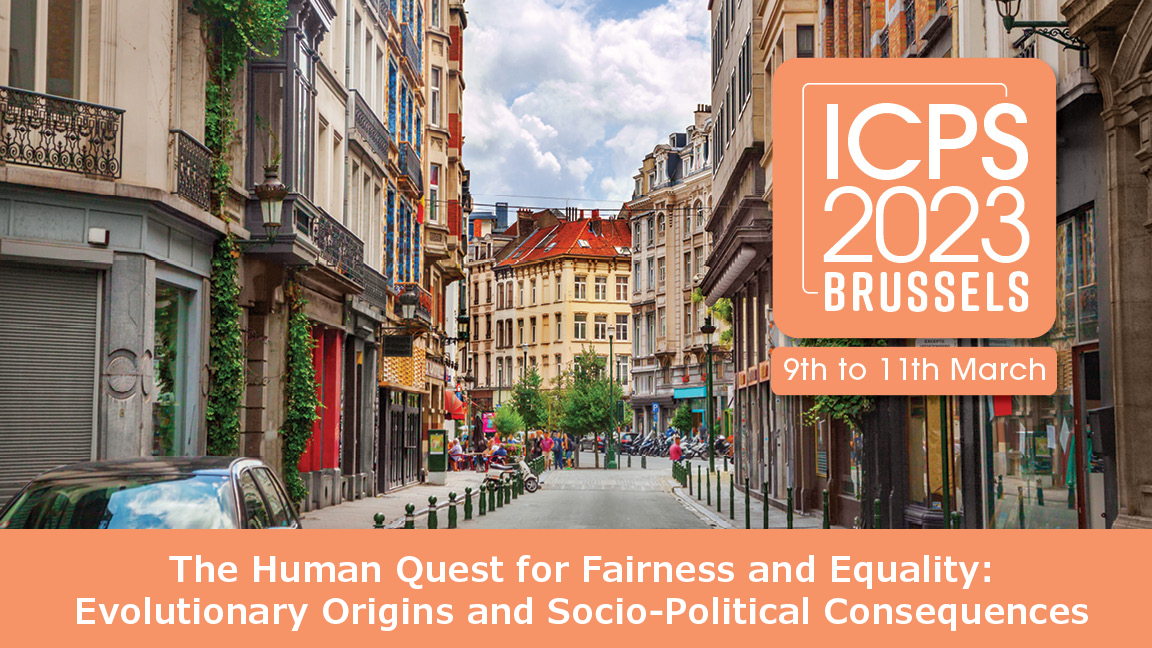The Psychology of Anti-Science Beliefs and Attitudes

Please log in to view this content. Note that this video is only available to those who registered for ICPS 2023 or APS members who purchase access.
As the world faces unprecedented crises (climate change, pandemics, mass extinction, etc.), reliance on scientific knowledge and the implementation of evidenced-based policies is more necessary than ever. Unfortunately, anti-science beliefs and attitudes are surging in many parts of the world, undermining efforts to respond effectively to these crises. This symposium focuses on understanding the psychological underpinnings and consequences of these beliefs and attitudes. Speakers also examine the role of disinformation and conspiracy theories.
Chair: Olivier Klein, Université Libre de Bruxelles, Belgium
Speakers: Myrto Pantazi, Université Libre de Bruxelles, Belgium
Karen M. Douglas, University of Kent, United Kingdom
Matthew J. Hornsey, The University of Queensland, Australia
Sander van der Linden, University of Cambridge, United Kingdom
ICPS 2023 Videos
-

Keynote Address: Integrating Knowledge in Psychological Science Using Ontologies
Susan Michie presents the “Behaviour Change Intervention Ontology,” which has the potential to dramatically enhance evidence integration and knowledge development using hybrid human-computer systems, thereby accelerating scientific advancements. Visit Page
-

Keynote Address: The Human Quest for Fairness and Equality: Evolutionary Origins and Socio-Political Consequences
Ernst Fehr shows that individuals cluster around three global, fundamentally distinct, preference types characterized as altruistic, inequality averse, and predominantly selfish—with the selfish type typically comprising a minority of individuals. Visit Page
-

Keynote Address: Blood, Sweat, and Tears: Human Social Chemosignaling in Health and Disease
Noam Sobel describes his findings on mechanisms of human chemosignaling in both health and disease. Based on these findings, he argues that, in contrast to common notions, humans are highly olfactory animals, and body-odors dominate our social behavior. Visit Page





APS regularly opens certain online articles for discussion on our website. Effective February 2021, you must be a logged-in APS member to post comments. By posting a comment, you agree to our Community Guidelines and the display of your profile information, including your name and affiliation. Any opinions, findings, conclusions, or recommendations present in article comments are those of the writers and do not necessarily reflect the views of APS or the article’s author. For more information, please see our Community Guidelines.
Please login with your APS account to comment.